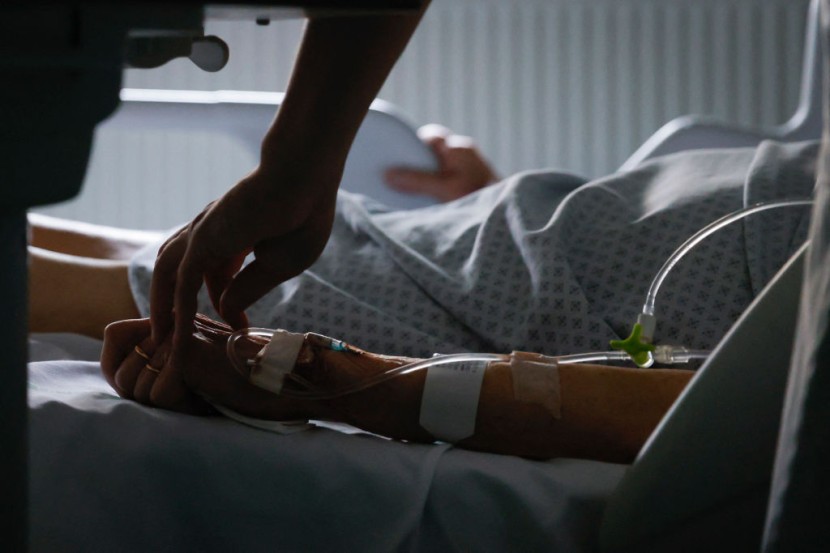
The United States Centers for Disease Control and Prevention (CDC) said that bacteria known to cause a rare and serious illness known as melioidosis have become endemic in parts of Mississippi.
Authorities said that the bacteria were found for the first time in water and soil samples in the country, prompting the health agency to alert doctors and public health experts throughout the country on Wednesday to take it into consideration when examining patients.
Melioidosis Bacteria
Health experts detected the bacteria, Burkholderia pseudomallei, in the Gulf Coast region of Southern Mississippi. They said that exposure to the bacteria can cause melioidosis and noted that roughly one in every 4,600 people exposed are found to have the disease.
A study in 2019 also found that about 90,000 people lost their lives every year due to the serious disease. The CDC wrote in its health advisory that once well-established in the soil, the bacteria cannot feasibly be removed anymore.
The samples that were taken show that the bacteria has been present in the Mississippi region since at least 2020 when one person in the Gulf Coast region was found to have melioidosis. However, it remains unclear exactly how long the bacteria has been in the area, as per the New York Times.
Previously, health experts found the bacteria in regions with tropical and subtropical climates around the world, such as South and Southeast Asia, northern Australia, and parts of Central and South America. The CDC said that modeling showed that southern Mississippi's climate was also conducive to growing the bacteria.
Read Also : New COVID-19 Studies Pinpoint Real Epicenter of Deadly Virus That Has Caused 6.3 Million Deaths
The health agency conducted the environmental sampling in the region after two patients received diagnoses of the disease, two years apart, one in July 2020, and the other in May 2022. Authorities said that the two individuals lived in "close geographical proximity" and had not traveled outside of the U.S.
According to CNN, symptoms of melioidosis depend on where a person is infected but could include fever, pain or swelling, ulcers, coughing, chest pain, trouble breathing, weight loss, muscle or joint pain, disorientation, headache, and seizures.
Rare, Serious Illness
These symptoms can progress to worse conditions such as pneumonia, abscesses, and blood infections. Health experts noted that the bacteria are known to be deadly in 10% to 50% of cases that it is reported.
Authorities have urged people who live in or visit coastal Mississippi, especially those with certain chronic conditions to protect open wounds, cuts, or burns by using waterproof bandages, avoiding contact with soil or muddy water, and not drinking water from shallow wells, lakes, rivers, ponds, and streams.
Among the average of 12 melioidosis cases diagnosed in the United States every year, the majority have occurred in people with recent travel to a country where the bacteria is endemic. Cases of the disease have also been linked to contaminated commercial products imported from disease-endemic countries.
The CDC has also urged healthcare providers in the Gulf Coast region as well as clinicians throughout the country to learn more about the disease. Melioidosis, as a nationally notifiable disease, should always be reported to the state health department, Yahoo News reported.
Related Article:








